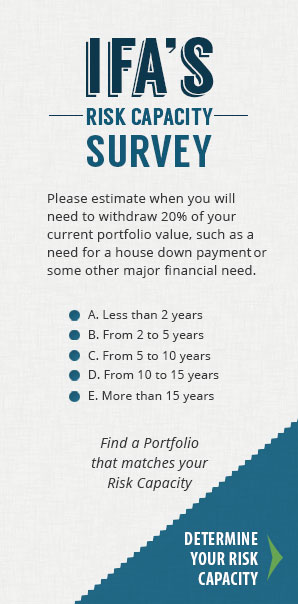The Siren Songs of Active Management

Investors need to tie themselves to the mast to avoid the daily temptations to get rich quick in the market. The active investor's addiction to beating the odds is often as strong as any other addiction. Like gambling, active investing can be extraordinarily exciting for investors who get carried away by the adrenaline of winning. Of course, it can create significant agony for those who experience the losing side of risk. One of the biggest mistakes made by the active investor is believing there is skill involved when the stock market proves profitable. Many of today's day traders are learning this the hard way. There are now approximately 15 million online trading accounts in the United States. Stories of mounting losses are becoming more prevalent as the odds of playing the markets take their toll on this new breed of investors. Just like casino gambling, there are more tales about the winners than the losers, but the stories rarely give an accurate accounting of true net profit.
New studies in the field of neuro-economics confirm the release of dopamine when presented with the opportunity of a surging stock. This validates and confirms the addictive nature of Stockaholics. The powerful allure of monetary reward leads to the overwhelming urge to trade stocks or funds. It has now been shown through brain imaging studies that the circuits that switch on at the prospect of big profits are the same as the ones that lead to the addictive nature of cocaine, casino gambling, alcohol, chocolate, and sex, just to name a few.
In the October 2002 issue of Money Magazine, the highly respected journalist Jason Zweig writes a ground-breaking article about the new evidence of the release of addiction related dopamine in our brains. He declares, "the dopamine rush we get from long shots is why we play lotto, invest in IPOs, keep too much money in too few stocks and invest with active portfolio managers instead of index funds." He goes on to say that, "our brains are wired to force us into forecasting; it is a biological imperative. In fact, humans are born with what I've come to call "the prediction addiction." Zweig reports that there are several researchers working on nueroeconomics at this time. At Harvard, Hans Breiter is leading a project and has stated that they have discovered a "striking" similarity between the brain's reaction to cocaine, morphine, and the prediction of financial rewards. Please take the time to read Jason's new book on this subject, Your Money & Your Brain. Also see Center for Neuroeconomic Studies Duke University.
DISCLOSURES:
All videos are being provided for informational purposes only and should not be considered a solicitation, recommendation, or endorsement of any particular security, product or service, or considered to be investment or tax advice. There is no guarantee any investment strategies will be successful. Investing involves risks, including possible loss of principal. Past performance does not guarantee future returns. No investment decisions should be made solely based on the information in any of these videos. The opinions referenced within are as of the date of each video recording and are subject to change without notice. Information provided by third party sources is not endorsed or guaranteed by IFA. Please be sure to use the pause button to fully read the important disclosures at the end of each video.












